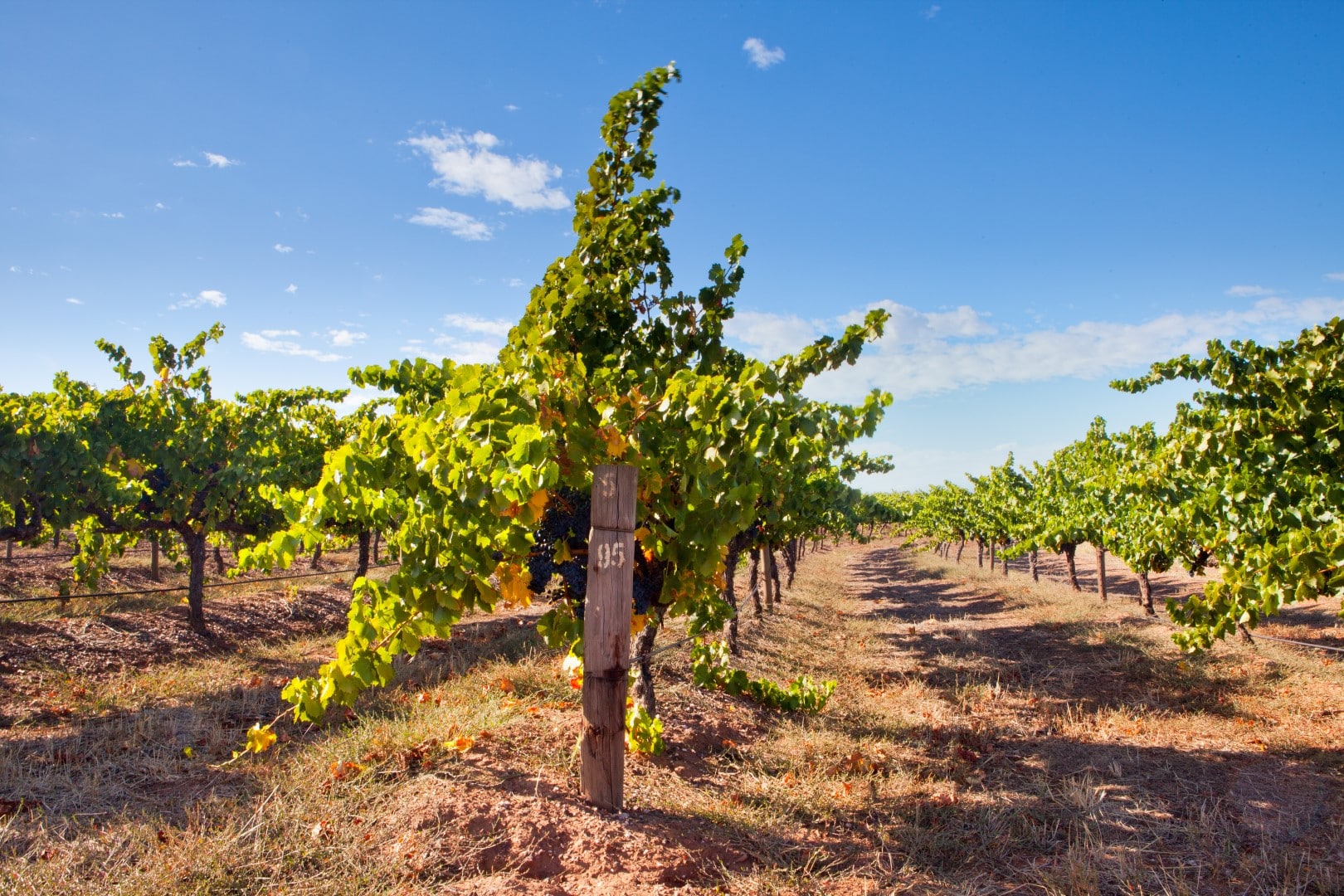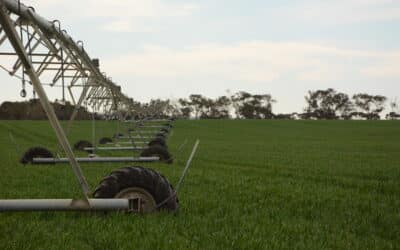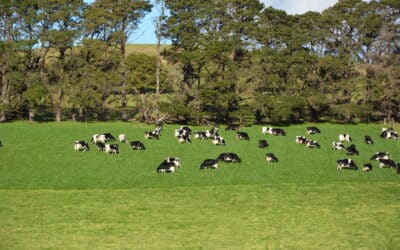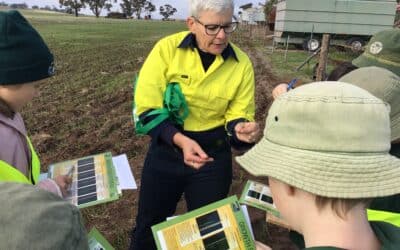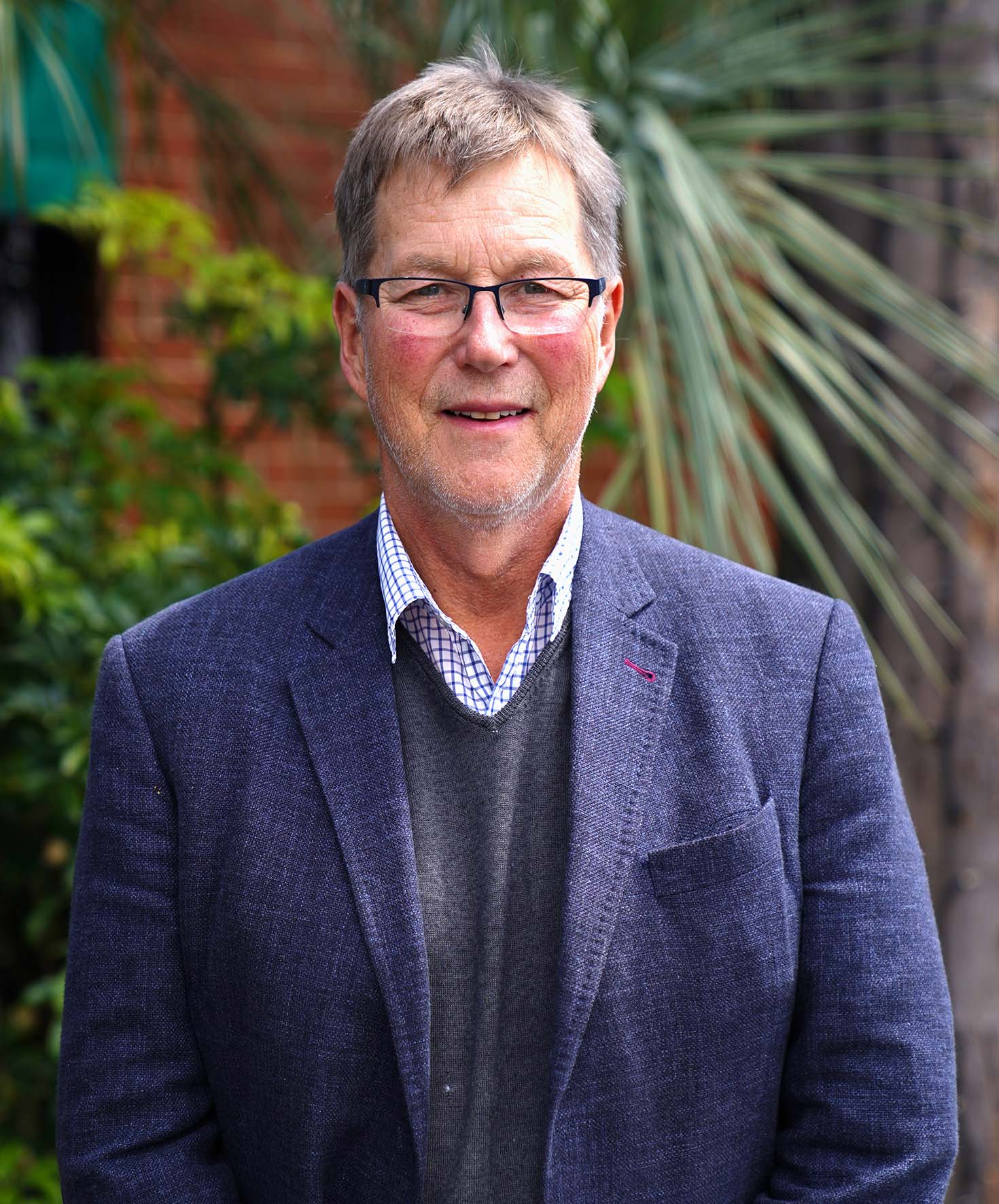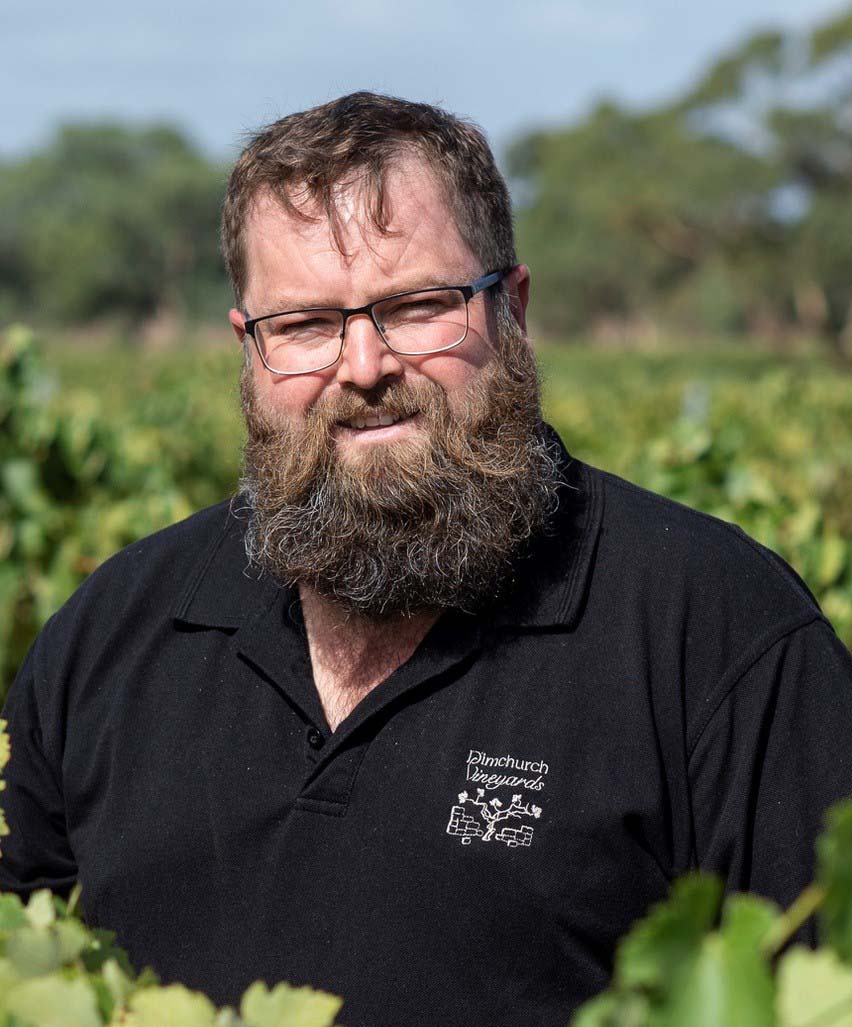It is not that long ago that the ‘Black Summer’ bushfires led to serious issues in our nation’s winegrape industry.
In 2020, bushfires resulted in tens of thousands of tonnes of Australian wine grapes being lost to smoke taint.
While some growers managed to dodge the smoke taint bullet, for others, it led to an almost total loss of crop.
The smoky, burnt flavours associated with smoke taint make affected grapes unsellable on the market, as it has been likened to drinking something that has come from the bottom of an ashtray.
The winegrape sector is currently facing one of its most challenging periods.
Growers have had to contend with a difficult growing season, with wet weather leading to increased disease pressures and higher cost of producing fruit, as well as many wineries still housing higher stocks from the large 2022 vintage, and labour shortages in many areas.
A ray of light for the sector – the Australia-UK free trade agreement that passed into British law last week – has been affected by the announcement of a 10 per cent tax increase on wine, on top of a tax change that will levy wine duty by alcohol content, which will effectively combine into a 20 per cent tax hit.
With all these challenges facing the sector, the last thing grape growers need is the heartbreak of having to tip wine down the drain due to smoke taint.
While large scale bushfires are of significant concern for grape growers and the public alike, those needing to use burning for stubble, weed and snail management have a role to play as well.
Croppers are dealing with massive stubble loads from the record 12.1 million tonne crop, up 1 million tonne on the state’s previous record, so there is a risk of smoke taint as grain growers turn to burning to deal with potential ryegrass issues, herbicide resistant grasses and snails.
The threat of smoke taint is even higher this year due to winegrape growers dealing with a late vintage. Some growers have only just started harvest and will not complete it until well into May.
It can take only 30 minutes of heavy smoke exposure during a susceptible growth phase to result in smoke taint, particularly with higher density fresh smoke.
A duty of care when burning off has never been more important so industry has got on the front foot.
PIRSA has developed the Broadacre Burn-off Smoke Management Guideline, in collaboration with industry bodies such as Grain Producers SA, Wine Grape Council of SA, SA Wine Industry Association and other wine and grape associations, along with expert input from the State Bushfire Coordination Committee and the CFS.
PPSA believes this is a great example of commodity groups working collaboratively to minimise harm, as has also been the case with the ongoing spray drift issue.
Some of the key points in the document include burning only after fuel has sufficiently dried out and not burning too early in the day to reduce smoke production. It also highlights the need to identify wind direction and proximity of unharvested vineyards before conducting a broadacre burn, and ensuring the forecast wind direction is such that it will not cause smoke to carry over the vineyard.
Being aware of surface temperature inversion layers is also key to avoid causing smoke taint issues.
The management guideline also contains an easy-to-use checklist growers can refer to when conducting broadacre paddock burns.
By thinking about how your practices affect other farmers, we can all work together to keep our industries safe.
This column was written by PPSA Chair Professor Simon Maddocks and first appeared in the March 30, 2023 edition of the Stock Journal.

